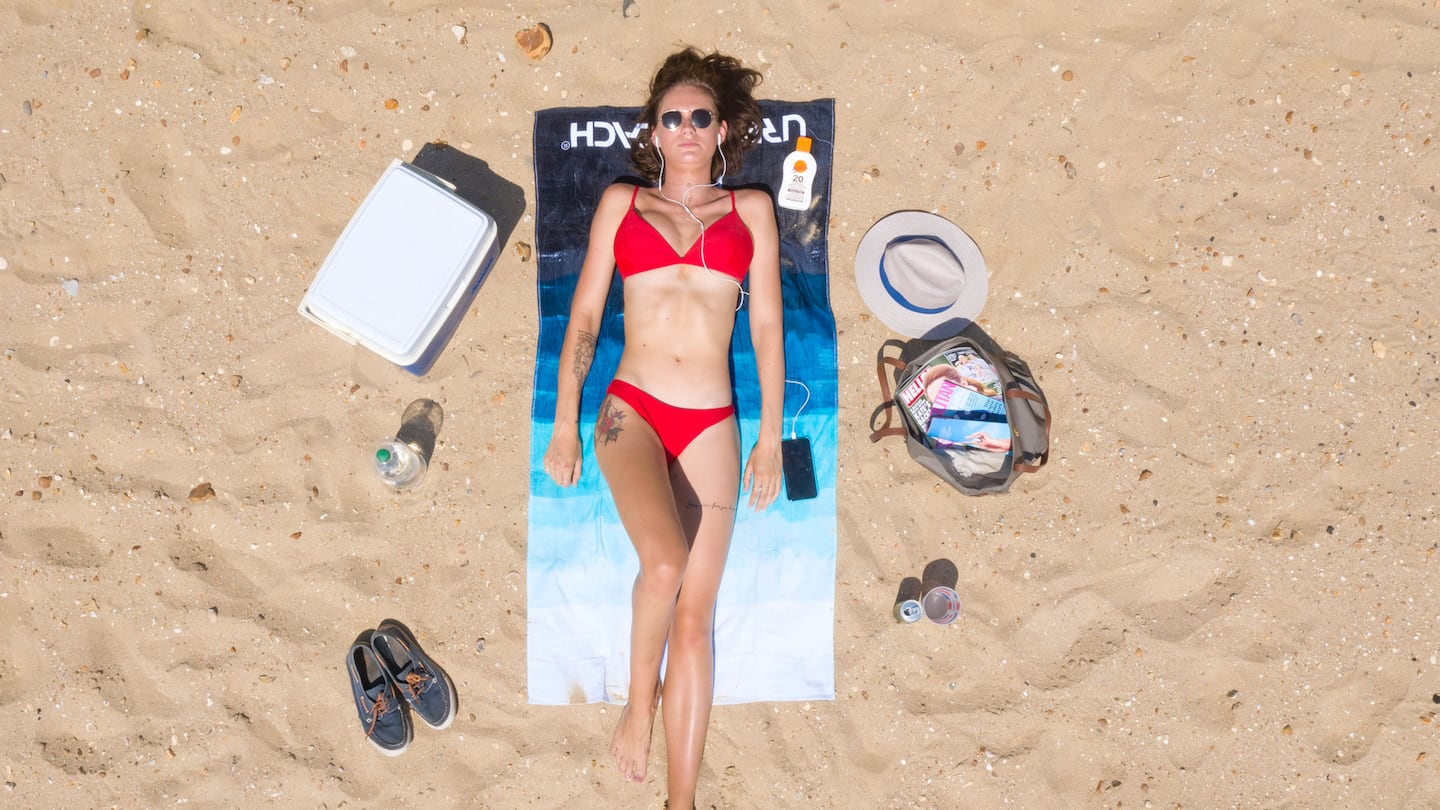
The Business of Fashion
Agenda-setting intelligence, analysis and advice for the global fashion community.

Agenda-setting intelligence, analysis and advice for the global fashion community.

EVERYONE BACK IN THE WATER
Temperatures are rising, the beaches are open, and that means another crop of brands are testing the swimwear waters. New entrants include TikTok favourite Girlfriend Collective, plus-size specialists Good American (back for more after being one of the few to debut swimwear in 2020) to basics purveyor Everlane (one-pieces and bikini separates made from recycled plastic). Even Victoria’s Secret, which exited the category in 2016, is back with a new collection. In many ways, the industry is picking up where it left off in 2019, when a wave of new beachwear offerings also flooded the market. Still, swimwear has snapped back with remarkable speed — Edited reports the number of new offerings in the category this spring are nearly on par with 2019, and they’re selling briskly.
The Bottom Line: The surge in swimwear sales isn’t entirely surprising: fashion for golf and other outdoor sports has boomed during the pandemic as well, and swimsuits have the added benefit of being perfect Instagram fodder.
A REPRIEVE FOR THE BANGLADESH ACCORD
ADVERTISEMENT
The Accord on Fire and Building Safety in Bangladesh was a landmark achievement for workers’ rights, a legally binding commitment in an industry that frequently falls back on voluntary and self-policed initiatives. But despite a three-month extension agreed to on Friday, unions say they are struggling to reach an agreement that maintains that level of accountability. Unless brands are willing to sign on to a new binding commitment, labour groups are threatening to walk away from the organisation that has taken over the Accord’s work. They worry conditions in Bangladeshi factories will quickly regress, potentially leading to future disasters. The end of the Accord’s framework would also be a major setback for workers’ rights groups hoping to expand its mandate into other countries.
The Bottom Line: Some brands that signed onto the Accord say they’re open to a successor with binding commitments. But for now, the industry may be calculating that looser guidelines can be adopted without consumers noticing the difference.
HELP WANTED
Last month’s US jobs data came with a major surprise: companies had plenty of open positions but few takers, despite high unemployment. The problem is particularly acute in sectors such as retail, with its reputation for low pay, skimpy benefits and, for the unvaccinated, a higher risk of exposure to Covid-19.
There’s one obvious solution: just pay people more. Some brands are, including Under Armour, which recently raised its minimum wage from $10 to $15 an hour. But other pressures are outside the fashion industry’s control; an extra $5 an hour won’t be much use to a single mother whose child is taking virtual classes at home, or an older worker who’s worried about getting sick. Some may prefer to continue receiving topped-up federal unemployment benefits, which run through September, though nearly half of states have already moved to withdraw from this programme.
The Bottom Line: Fashion retailers can blame unemployment benefits or the pandemic for the current labour shortage. But if those jobs are still unfilled in a few months, the industry will be forced to rethink its worker incentives.
The Week Ahead wants to hear from you! Send tips, suggestions, complaints and compliments to brian.baskin@businessoffashion.com.
The rental platform saw its stock soar last week after predicting it would hit a key profitability metric this year. A new marketing push and more robust inventory are the key to unlocking elusive growth, CEO Jenn Hyman tells BoF.
Nordstrom, Tod’s and L’Occitane are all pushing for privatisation. Ultimately, their fate will not be determined by whether they are under the scrutiny of public investors.
The company is in talks with potential investors after filing for insolvency in Europe and closing its US stores. Insiders say efforts to restore the brand to its 1980s heyday clashed with its owners’ desire to quickly juice sales in order to attract a buyer.
The humble trainer, once the reserve of football fans, Britpop kids and the odd skateboarder, has become as ubiquitous as battered Converse All Stars in the 00s indie sleaze years.